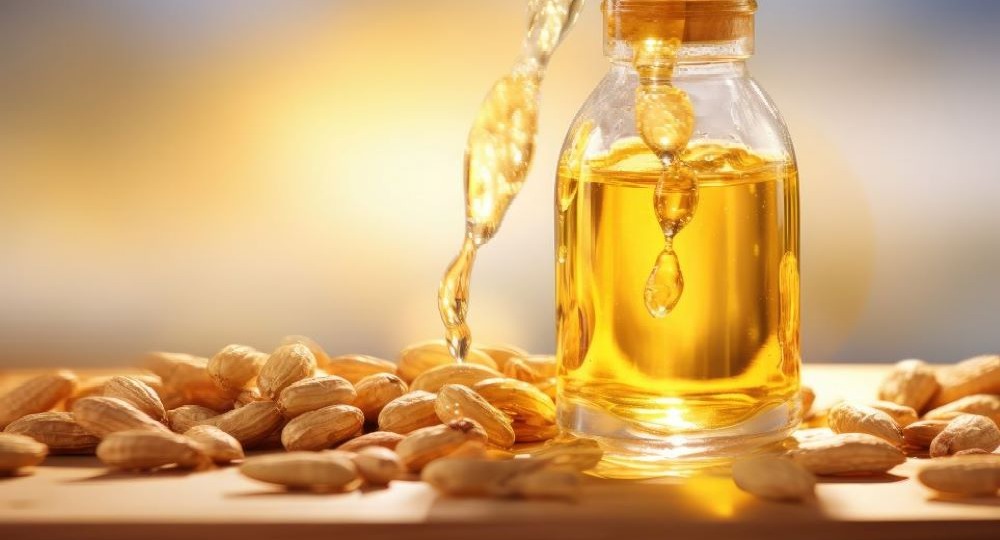Forecasting the Edible Oil Shelf Life using Machine Learning
KEY INFORMATION
TECHNOLOGY OVERVIEW
Antioxidants (ATOs) such as tocopherol and synthetic ATOs such as Butylated Hydroxytoluene (BHT), Butylated Hydroxyanisole (BHA), and Tertiary-Butyl Hydroquinone (TBHQ) are used in the food and supplement industry to extend shelf life and protect products from oxidation. Due to concerns over long-term exposure to synthetic ATOs, there is a search for natural alternatives like rosemary and green tea, which have shown efficacy in preserving oils and other products. However, natural ATOs exhibit significant chemical variations due to diverse cultivation and extraction processes, making it challenging and costly to identify the optimal combination for maximum efficacy. Machine learning, capable of extracting patterns from input data for predictive analysis, can offer a solution by predicting the peroxide value (PV) in peanut oil using chemical parameters and storage duration. Six machine learning classifiers (logistic regression, multilayer perceptron, radial basis function, Gaussian Naïve Bayes classifier, support vector machine, and decision tree) were employed, with the multilayer perceptron demonstrating the highest predictive performance, achieving an accuracy of at least 89.8% in determining whether PV remains within acceptable limits post-storage in peanut oil. Edible oil manufacturers, food and beverage companies, natural antioxidant suppliers, food quality testing laboratories and agricultural processors can use this technology to improve the quality and stability of their output.
TECHNOLOGY FEATURES & SPECIFICATIONS
The technology consists of a predictive model based on machine learning algorithms that utilises key chemical parameters to forecast the PV in peanut oil during storage. Specifically, the model employs six machine learning classifiers: logistic regression, multilayer perceptron, radial basis function, Gaussian Naïve Bayes classifier, support vector machine, and decision tree. The model uses input parameters such as total phenolic content, total antioxidant content, total carotenoid content, partition coefficient, and storage duration to predict PV, which is crucial for assessing the stability and safety of peanut oil.
POTENTIAL APPLICATIONS
This technology can be deployed in the food and beverage industry, particularly within sectors focused on edible oil production, food preservation, and food safety testing. It also has applications in the agriculture industry, particularly for oilseed processors, and in the health and wellness industry where natural antioxidants are of interest.
This technology can be applied in:
1. Edible Oil Production: To monitor and predict the stability and shelf life of various edible oils during production and storage.
2. Food Preservation: To ensure that food products containing oils remain safe and of high quality throughout their shelf life.
3. Quality Control: As a quality assurance tool to validate the effectiveness of natural antioxidants in preserving food products.
This technology could be marketed in following products/services:
1. Predictive Software for Oil Stability: A software tool designed for oil producers to predict the PV and shelf life of their products.
2. Enhanced Edible Oils: Oils treated with specific formulations of natural antioxidants optimized using the predictive model.
3. Food Quality Monitoring Kits: Integrated solutions combining chemical analysis with the machine learning model for real-time monitoring of oil stability in food products.
4. Consulting Services: Offering expertise in applying this predictive model to optimize food preservation processes.
Unique Value Proposition
This technology offers significant improvements in the following areas:
1. Predictive Accuracy: Unlike traditional methods that rely solely on periodic testing of PV, this technology leverages machine learning to predict PV with high accuracy, allowing for proactive management of oil stability.
2. Comprehensive Parameter Integration: Integrating multiple chemical parameters, providing a more holistic and precise assessment of oil stability compared to conventional methods that might focus on fewer variables.
3. Reduction in Testing Time and Costs: By accurately predicting PV, this technology can reduce the need for time-consuming stability tests, lowering operational costs and speeding up the decision-making process for product release.
4. Adaptability to Natural Antioxidants: This technology is particularly effective in assessing the stability of oils preserved with natural antioxidants, addressing a growing industry demand for clean-label and natural food preservation methods.
The Unique Value Proposition in comparison to the current “State-of-the-Art”:
1. Machine Learning-Driven Precision: Advanced machine learning algorithms that significantly enhance the precision and reliability of PV predictions are used, setting it apart from conventional approaches.
2. Enhanced Safety Profile: By focusing on natural antioxidants and accurately predicting their efficacy, this technology supports safer food products, meeting consumer for natural preservation methods over synthetic alternatives.
3. Scalability Across Various Oils and Food Products: The technology’s ability to be tailored to different types of oils and food products provides a competitive edge, making it a versatile tool for the industry.

